2025 winners and nominees of the Distinquished Academics Awards
Meet the winners and learn how their work is making an impact in the non-academic world, demonstrating the vitality of university-based research and scholarly activity.
The Distinguished Academics Awards promote the value of university research in advancing the public good. Nominees hail from various institutions and disciplines, often working in very different domains—yet they’re united by a passion for meaningful research that fuels our economy, democracy, and intellectual life.
WINNERS
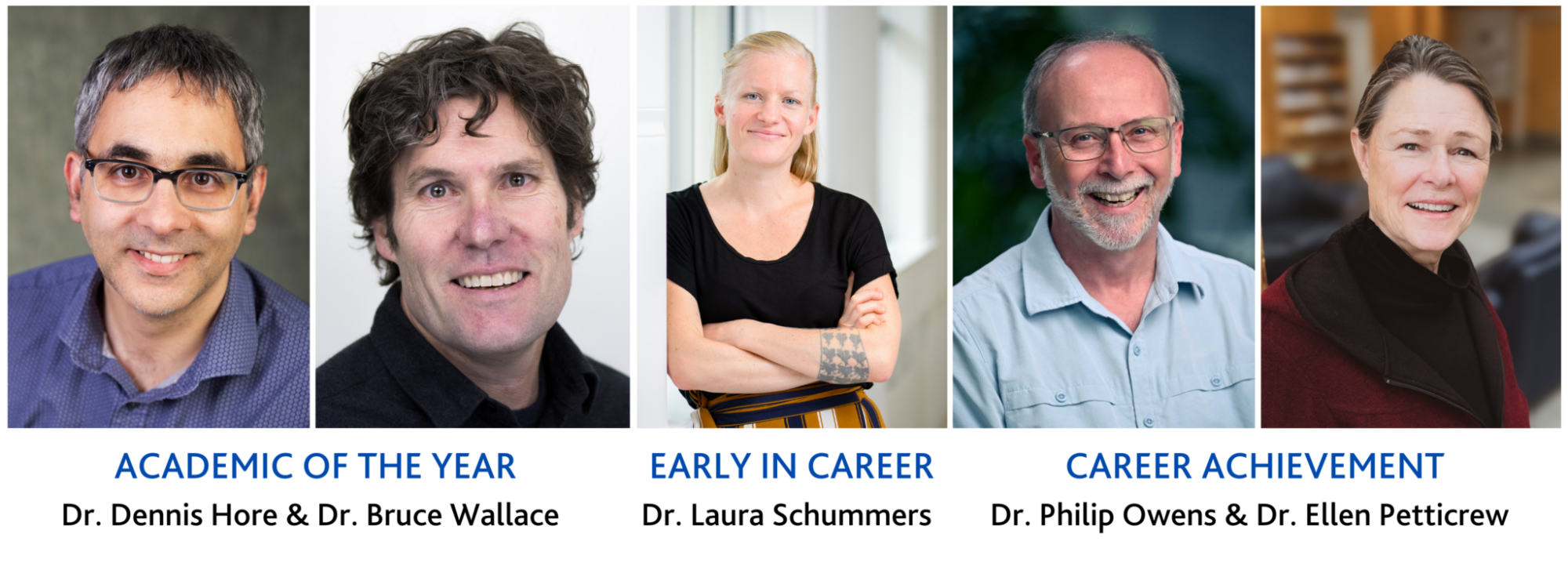
Early in Career Award
Dr. Laura Schummers
University of British Columbia
Dr. Schummers is an Assistant Professor in the Faculty of Pharmaceutical Sciences at the University of British Columbia. Her research focuses on improving reproductive population health through health policy and outcomes research. She leads a national, four-year study funded by the Canadian Institutes of Health Research (CIHR) to assess the impact of BC’s first-in-Canada policy making prescription contraception free. This work may guide contraception and pharmacare policy across Canada. Dr. Schummers is dedicated to mentoring the next generation of scholars and public policy leaders.
Ehor Boyanowsky Academic of the Year Award
Drs. Dennis Hore and Bruce Wallace
University of Victoria
Dr. Hore (Department of Chemistry and Computer Science) and Dr. Wallace (School of Social Work and the Canadian Institute for Substance Use Research) from the University of Victoria are recognized for their groundbreaking project, Substance. This initiative developed a drug-checking program to address BC’s toxic drug crisis. Their interdisciplinary team, consisting of students from social work, chemistry, public health, and computer science, created innovative public health responses using drug-checking technologies integrated with harm reduction strategies. Their work has had a direct impact on community health and safety in BC.
Paz Buttedahl Career Achievement Award
Drs. Ellen Petticrew and Philip Owens
University of Northern British Columbia
Dr. Owens and Dr. Petticrew, the Forest Renewal BC Endowed Research Co-Chairs in Landscape Ecology at the University of Northern British Columbia, are honored for their lifelong contributions to environmental conservation and management. Over the past three decades, their research has significantly shaped environmental policies in BC and beyond. One of their most impactful projects involved a decade-long study into the aquatic and environmental effects of the 2014 Mount Polley Mine disaster, Canada’s largest mining catastrophe. Their interdisciplinary research contributed to the submission of formal charges under the federal Fisheries Act.
NOMINEES
Early in Career Award Nominees
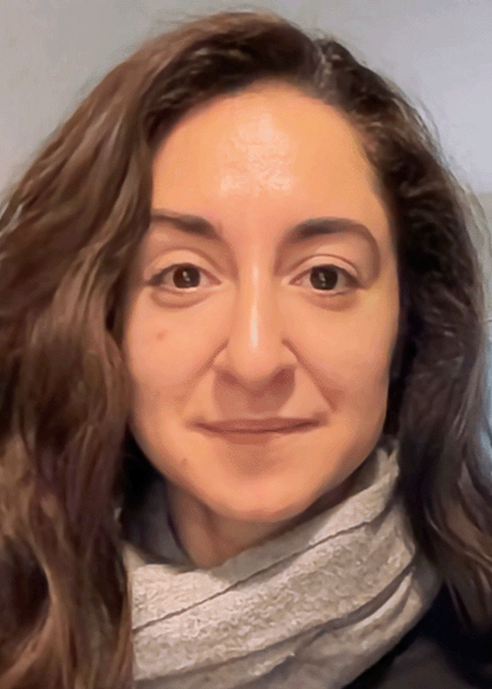
Dr. Alexandra Tavasoli
University of British Columbia
Dr. Alexandra Tavasoli
Dr. Alexandra Tavasoli is Assistant Professor in the Department of Mechanical Engineering at the University of British Columbia. Dr. Tavasoli was nominated for her work on low-carbon alternatives to chemical manufacturing processes. The alternative processes that she developed with her research group use waste feedstocks like captured carbon dioxide, and/or biogas from organic wastes like sewage or food scraps, alongside low-carbon forms of energy, resulting in chemical products with drastically reduced carbon intensities. She also explores how communities could self-finance these systems and implement the net zero economy in a distributed manner, extending the more popular idea of community-based energy systems to community-base chemical and materials manufacturing.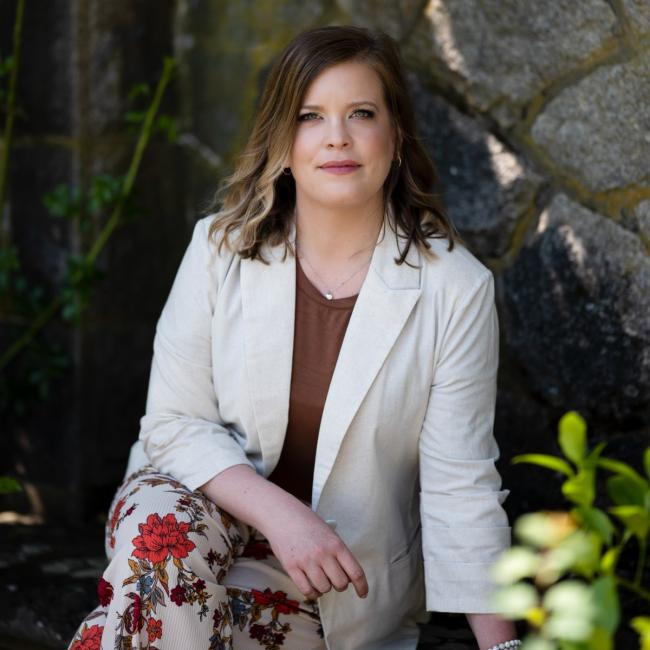
Dr. Ann-Kathrin McLean
Royal Roads University
Dr. Ann-Kathrin McLean
Dr. Ann-Kathrin McLean is an Assistant Professor in the School of Tourism and Hospitality Management at Royal Roads University. She was nominated due to her exemplary research, teaching, and commitment to students. Dr. McLean has shown commendable and inspirational leadership and scholarly contributions focusing on the politics of memory, Holocaust remembrance, and discourse on learning from the past to shape a more peaceful global future. She has published a book “Millennials, Transitional Memory and the Future of Holocaust” which helped her disseminate her findings and helped her contribute to the emerging outputs associated with Holocaust Remembrance. Furthermore, she is the President of the Young Researchers Network.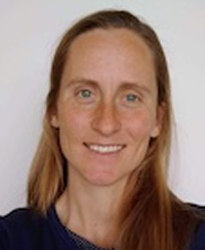
Dr. Anne-Sofie Ahm
University of Victoria
Dr. Anne-Sofie Ahm
Dr. Anne-Sofie Ahm is an Assistant Professor (tenure-track) at the School of Earth and Ocean Sciences (SEOS) at the University of Victoria. She was nominated for her groundbreaking working on sediment alteration. She uses novel geochemical and numerical techniques to study the geochemistry of ancient sedimentary rocks and create new and more robust records of our planet’s history. She recently revolutionized a new approach that allows us to see though the ‘geologic noise’ and generate more robust records of past climate change. Dr. Ahm is part of the SEOS Equity, Diversity and Inclusivity committee. She is also the chair of SEOS undergraduate Awards Committee.
Dr. Belinda kakiyosēw Daniels
University of Victoria
Dr. Belinda kakiyosēw Daniels
Dr. Belinda kakiyosēw Daniels is an Assistant Professor of Indigenous Education at the University of Victoria. She was nominated for her advocacy in Cree language revitalization. She specializes in teaching Cree as a second language and uses second language methods to teach other Indigenous language. She focuses on teaching from a nēhiyawak perspective, engaging in nēhiyawak language revitalization while working to unlearn the impacts of colonialization within formal educations. Apart from this, Dr. Daniels is the founder of nēhiyawak Language Experience Inc, which is a grassroots initiative for maintaining land-identity, engaging in cultural practices, and fostering language proficiency. She also sits on the CCUNESCO board for two areas: Indigenous languages and land-based educations.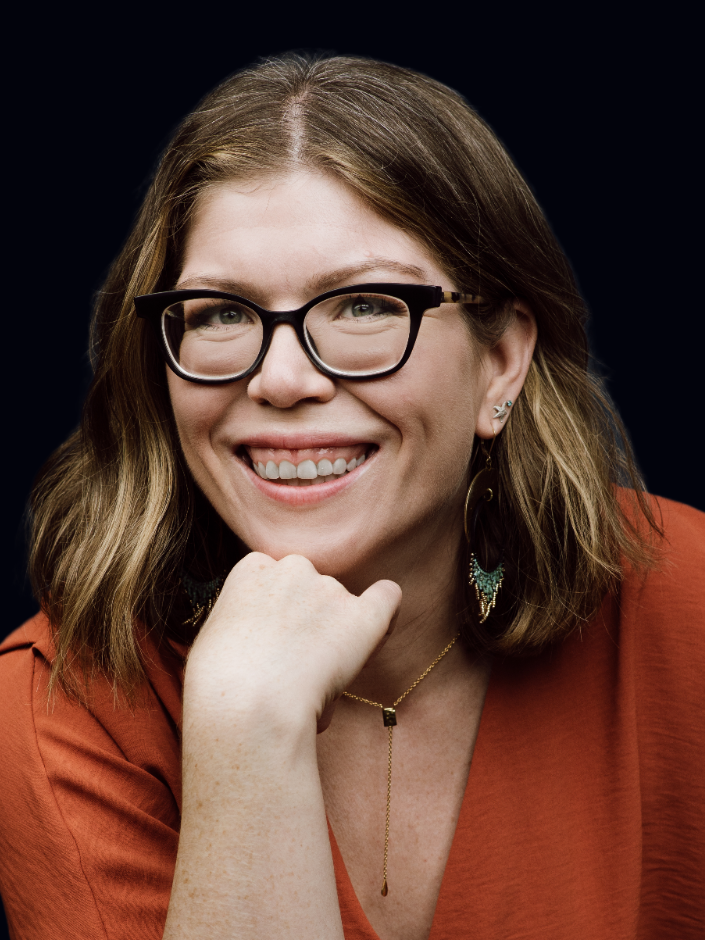
Dr. Kaylee Byers
Simon Fraser University
Dr. Kaylee Byers
Dr. Kaylee Byers is an Assistant Professor at the Faculty of Health Sciences at Simon Fraser University. She was nominated for her outstanding work in bridging disciplinary divides and engaging knowledge users in collective action to support a healthier world. She uses an integrative One Health framework and eco-social justice lens to approach animal, human and ecosystem health. Her research projects engage the academic, government and community partners in co-creating and implementing practical tools and solutions to challenge threatening urban and rural communities. Apart from this, Dr. Byers is a Senior Scientist with the Pacific Institute on Pathogens, Pandemics and Society. She co-founded, organizes and hosts Nerd Nite Vancouver, which is a science seminar series that talks about science in a casual setting.Dr. Theodore Cosco
Simon Fraser University
Dr. Theodore Cosco
Dr. Theodore Cosco is an Associate Professor of Mental Health & Aging at the Department of Gerontology, Simon Fraser University and Research Fellow at the Oxford Institute of Population Ageing, University of Oxford. Dr. Cosco was nominated for his innovative work in gerontology and public health, especially his community-engaged research, demonstrates his significant contributions to both academia and the wider community. His recently funded projects on ‘Co-creating the future of older adults’ mental health’ include the development of an online mental health peer-support platform for older adults. These initiatives have provided practical, tangible benefits to the community, particularly in improving the mental health and social connectedness of older adults.
Ehor Boyanowsky Academic of the Year Award Nominees
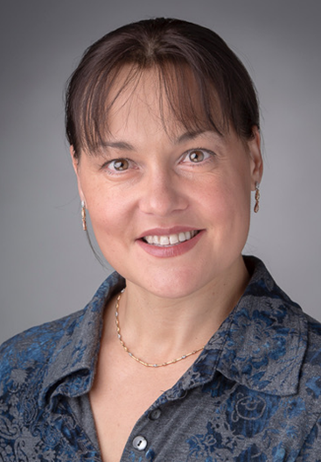
Dr. Alexandra Lysova
Simon Fraser University
Dr. Alexandra Lysova
Dr. Alexandra Lysova is an Associate Professor at the School of Criminology, Faculty of Arts and Social Sciences at Simon Fraser University. Dr. Lysova was nominated for her research addressing the intricated dynamics of intimate partner violence and homicide-affecting women, men, and children-as pervasive criminal justice, social, and public health issues in Canada, Russia, and other countries. Her research has delved into some of the least studied and contentious issues withing partner violence research. She is nominated based on specific contributions in the past several years, which include a series of academic papers that explore men’s experience of abuse both in Canada and internationally, yielding tangible outcomes beyond the research boundary.
Dr. Anusha Kassan
University of British Columbia
Dr. Anusha Kassan
Dr. Anusha Kassan is an Associate Professor in the School and Applied Child Psychology programme at the University of British Columbia. She holds a High-Impact position in Child and Youth Mental Health. Dr. Kassan was nominated for her contributions to academia, community service, and social justice. Her recent research contributions have had direct, profound impacts on various historically, persistently and systematically marginalized communities, particularly for diverse newcomers in Canada. Her research focuses on two interconnecting areas: “The Immigration Experiences of Different Newcomer Communities” and “Teaching and Learning in Psychology Training.” Her work has shaped policy, curricula and practices, this ensures that historically oppressed communities are central to the discourse in psychology. Dr. Kassan is a passionate educator that integrated social justice into her teaching.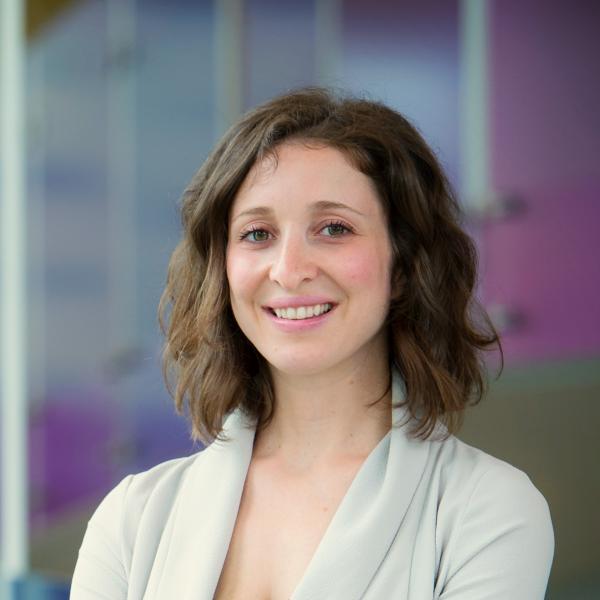
Dr. Jacquelyn Cragg
University of British Columbia
Dr. Jacquelyn Cragg
Dr. Jacquelyn Cragg is an Assistant Professor in the Faculty of Pharmaceutical Science at the University of British Columbia, she is also a Tier 2 Canada Research Chair in Open Data Science. She was nominated for her outstanding contributions to society through her research and advocacy for open science. In recent years, Dr. Cragg has demonstrated a profound commitment to leveraging academic research for the benefit of broader communities, particularly within the field of open science in the context of neurological health and spinal cord injuries. Her current research aims to identify causes, risk factors and biomarkers of neurological disease progression, including Parkinson’s disease, amyotrophic lateral sclerosis, multiple sclerosis, spinal cord injury and stroke.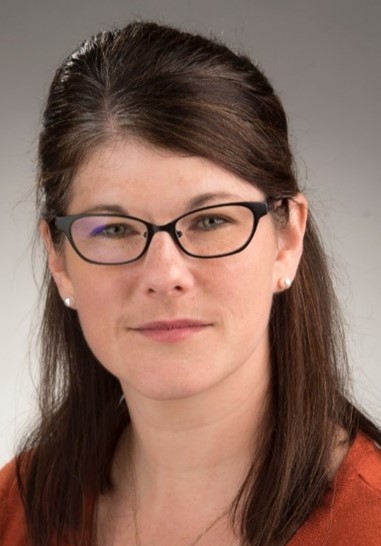
Dr. Julia Smith
Simon Fraser University
Dr. Julia Smith
Dr. Julia Smith is an Assistant Professor in the Department of Health Sciences at Simon Fraser University. Dr. Smith was nominated for her research to identify health and social inequities and inform policy approaches to infectious disease events. She is recognized by her peers as an emerging leader in feminist and rights-based approaches to research on the health and social inequalities relating to HIV/AIDS, the tobacco industry, Indigenous Peoples, and pandemic planning and response. She has raised public awareness of the gendered dynamics of health and promoting gender-responsive research, policy, and practice.Dr. Lori Daniels
University of British Columbia
Dr. Lori Daniels
Dr. Lori Daniels is Professor and Koerner Chair in Wildfire Coexistence in the Department of Forest and Conservation Sciences at the University of British Columbia. Dr. Daniels was nominated for her research elucidating historical fire regimes, including Indigenous fire stewardship, disruptions due to colonization, fire suppression, land-use and climate change – all of which contribute to the megafires in recent years. Dr. Daniels has combined her knowledge of wildfire science with their excellent communication skills to educate and inform the people of BC and Canada about the causes and consequences of these megafires and the proactive solutions to coexist with wildfire.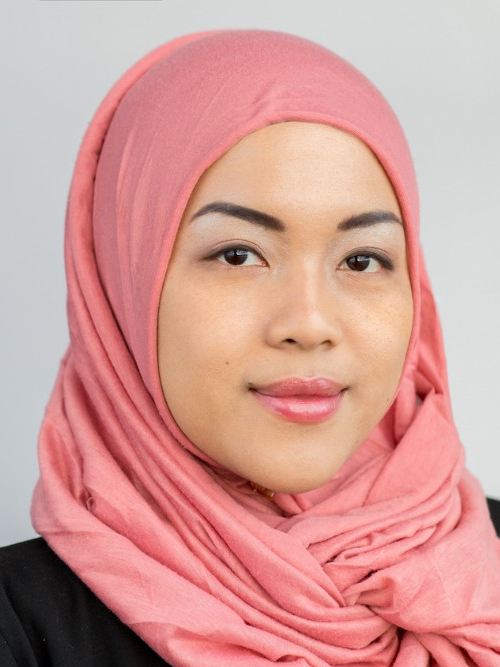
Dr. Tammara Soma
Simon Fraser University
Dr. Tammara Soma
Dr. Tammara Soma is an Associate professor at the School of Resource and Environmental Management at Simon Fraser University. She was nominated for her recent work which raised the awareness about food waste and its relationships to income equality, urbanization, land use and climate change. Dr. Soma co-founded Food System Labs, which is a research and innovation hub where they work on solutions for equitable collaboration to reduce food waste and support a sustainable food system that enhances ecosystems, conserves natural resources and mitigate climate change. In 2023, Dr. Soma and her team completed a major citizen science project “Our Home, Our Food, Our Resilience”, to identify and categorize hidden food assets in three BC communities. This project re-examined the mapping process in ways that better support food system resiliency, Indigenous food sovereignty and food accessibility.
Paz Buttedahl Career Achievement Award Nominees
Dr. Diane Gromala
Simon Fraser University
Dr. Diane Gromala
Dr. Diane Gromala, PhD, is a Distinguished Professor in the School of Interactive Arts and Technology (SIAT) at Simon Fraser University. Dr. Gromala was nominated for her research combining approaches from computer science and interactive art and design to address chronic pain. An intriguing aspect of her work is how it innovatively merges art and science to empower people to regain agency over their internal states, a phenomenon known as meta-plasticity that holds immense potential for long-term benefits to health and wellness. Her research has expanded beyond chronic pain to explore the development of systems of acute pain, cancer, precision medicine, menopause, mantal health and addition, and even the preservation of cultural heritage. Her work to demonstrate the complexity of chronic pain, reduce its social stigma, and insist on mitigating ethical risks for at-risk groups have laid a solid foundation for responsible technology interventions for BC’s growing population.Dr. Faisal Khosa
University of British Columbia
Dr. Faisal Khosa
Dr. Faisal Khosa, MD, MBA is Associate Professor in the Department of Radiology at the University of British Columbia. Dr. Khosa’s work on gender and racial disparities in academia helps ensure a sustainable legacy of inclusive excellence in academia and beyond in the larger community. Dr. Khosa’s relentless pursuit to elucidate inequalities in academia produced a multitude of evidence that has catalyzed initiatives to increase accessibility of higher education and achievement for underrepresented students.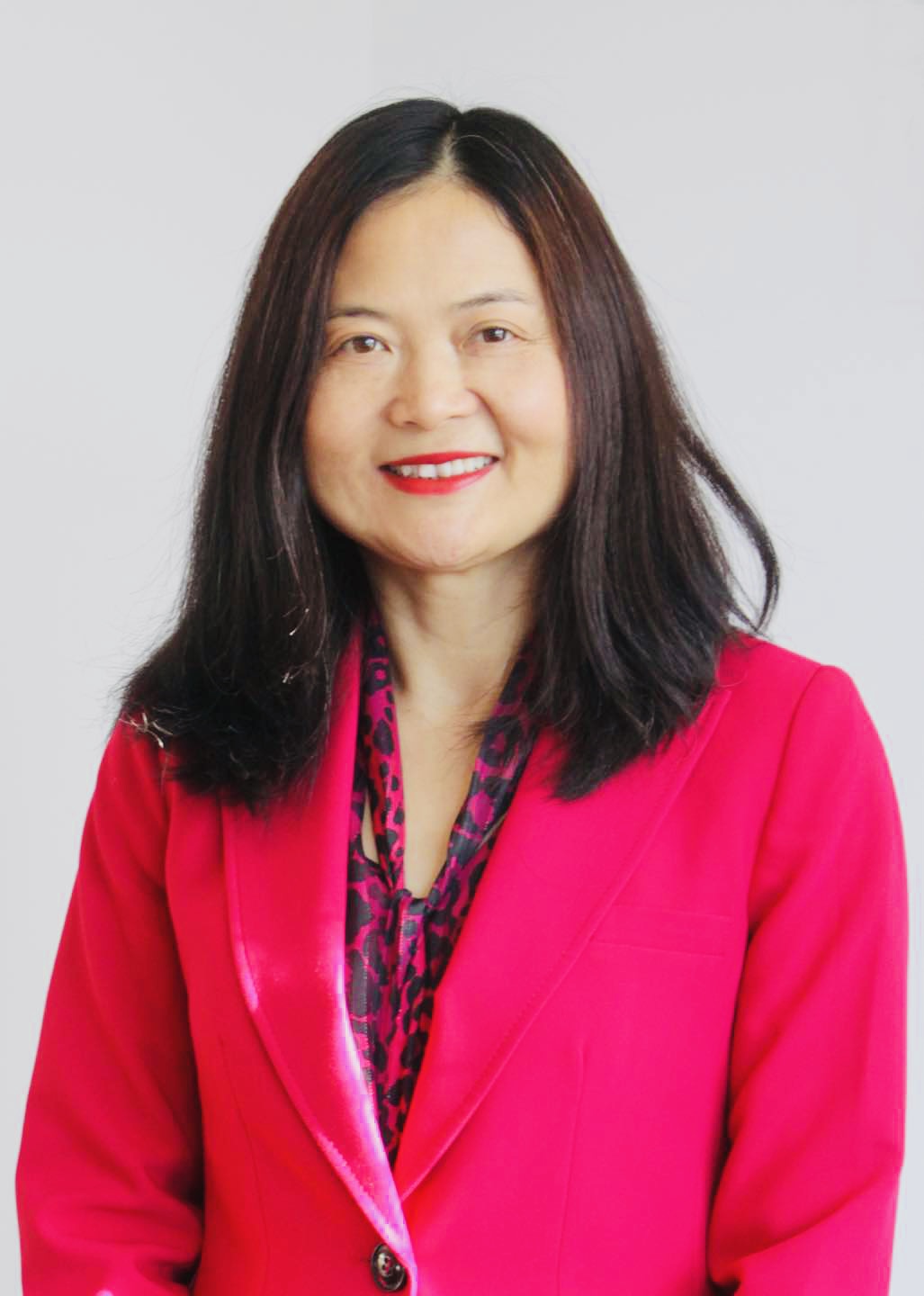
Dr. Guofang Li
University of British Columbia
Dr. Guofang Li
Dr. Guofang Li is a Professor in the Department if Language and Literacy Education at the University of British Columbia; she is also a Tier 1 Canada Research Chair in Transnational/Global Perspectives on Language and Literacy Education for Children and Youth. Her work has made significant theoretical and pedagogical contributions to advancing culturally responsive/relevant approaches to literacy instructions in multicultural communities and classroom. Dr. Li has made outstanding contributions to the promotion of second and heritage language initiatives as well as anti-Asian racism thought her leadership in outreach and engagement activities in immigrant and refugee communities, non-profit organizations and schools with diverse populations. Recently was part of a significant initiative to developing a comprehensive and forward-thinking strategy to improve responses to humanitarian crises, especially for refugees and displaced populations in BC.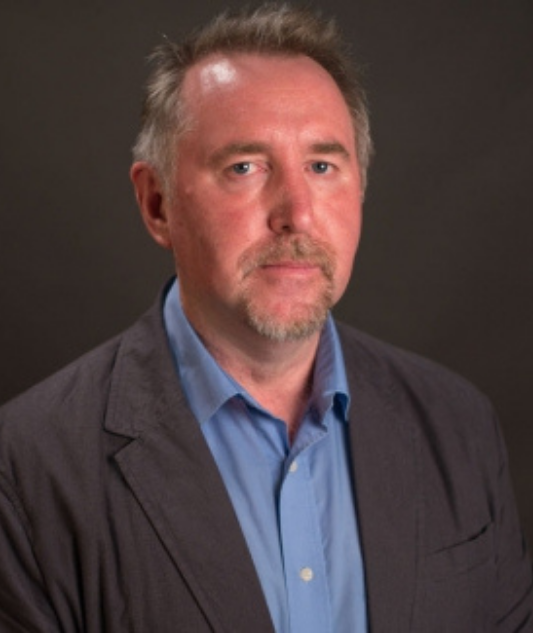
Dr. Kenneth Christie
Royal Roads University
Dr. Kenneth Christie
Dr. Kenneth Christie is a Professor and Program Head in the Human Security and Peacebuilding graduate program at Royal Roads University. He was nominated for his more than 40-year career in academia, that spanned to multiple countries and continents. Working in multiple countries in the world, this gave Dr. Christie a unique perspective on peace, development and human security. His work is focused on issues on human rights, security and democratization, where now he is working on issues relating to human security and its links to ethnic and state formation/failure in the Middle East, North Africa and South Asia. Dr. Christie is also working on issues of deradicalization, terrorism and human rights as well as populism and corporate social responsibility. He is a widely published author, who’s most recent book was called “Migration, Refugees and Human Security in the Mediterranean and MENA.”Dr. Lenora Marcellus
University of Victoria
Dr. Lenora Marcellus
Dr. Lenora Marcellus is a Professor and Director in the School of Nursing at the University of Victoria. She is nominated for her long-standing program of research studying the impact of substance use during pregnancy, neonatal opioid withdrawal and supporting infants in foster care. Dr. Marcellus’s research focuses on supporting pregnant and newly parenting women who are experiencing multiple adversities and their families into their transition to parenting. She also works with issues of substance use during pregnancy, which incorporates developing a supportive community-based services for women, infants experiencing Neonatal Opioid Withdrawal and foster care providers who care for them. In her publication “With Child – Substance use During Pregnancy: A Woman-centered Approach,” Dr. Marcellus proposes that those who provide services for woman who are pregnant and early parenting who are using substances must be cared for in the same health-oriented and non-judgemental way as care for women with medical problems.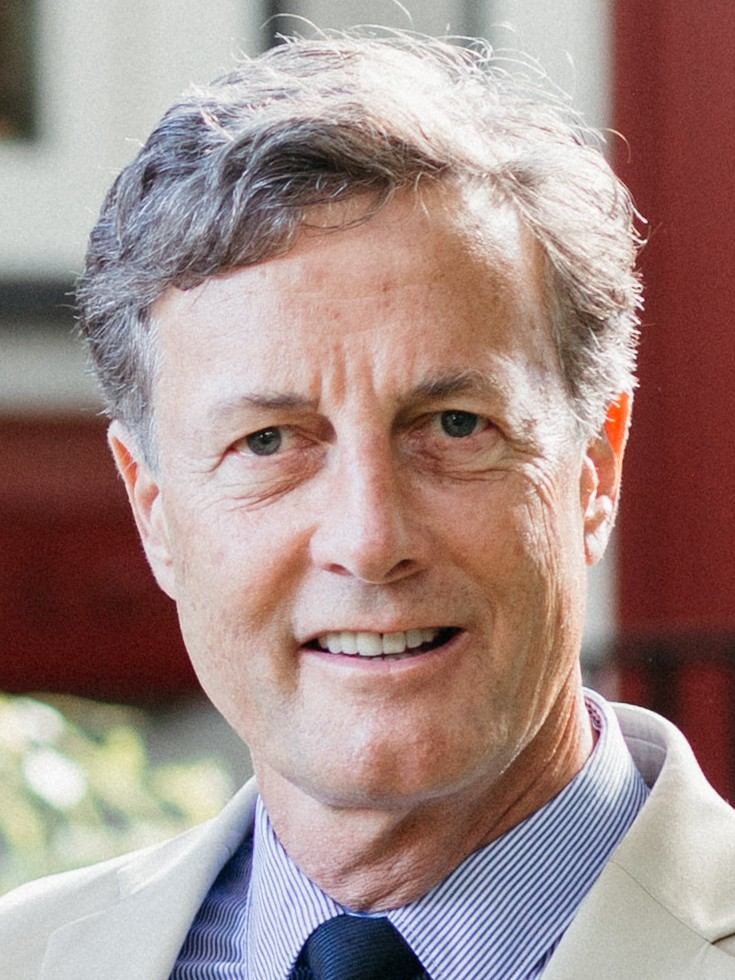
Dr. Mark Jaccard
Simon Fraser University
Dr. Mark Jaccard
Dr. Mark Jaccard is a Distinguished Professor and has served as the Director in the School of Resource and Environment at Simon Fraser University. He is nominated for his sustained contributions to developing innovations in energy-economy model for assessing climate policies and assisting governments, industries and the public in acting on climate change. His focus on research is the design and application of energy-economy-emission (EEE) models for assessing climate policies. Dr. Jaccard’s research with the Energy and Materials Research Group (EMRG) is the leading applied academic EEE modelling team in Canada. He has also developed the game-changing CIMS model, which is “an integrated, energy equilibrium model that simulates the interaction of energy supply demand and the macro-economic performance of key sectors of the economy, including trade effects.” This CIMS model was used by the Canadian Government as a sustainable policy management tool from the 1990s and 2000s. Dr. Jaccard previously received the CUFA BC Distinguished Academic of the Year Award in 2008.





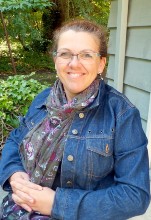

Dr. Laura Schummers Award Interview (Full Length)
CUFA BC June 5, 2025 3:10 am